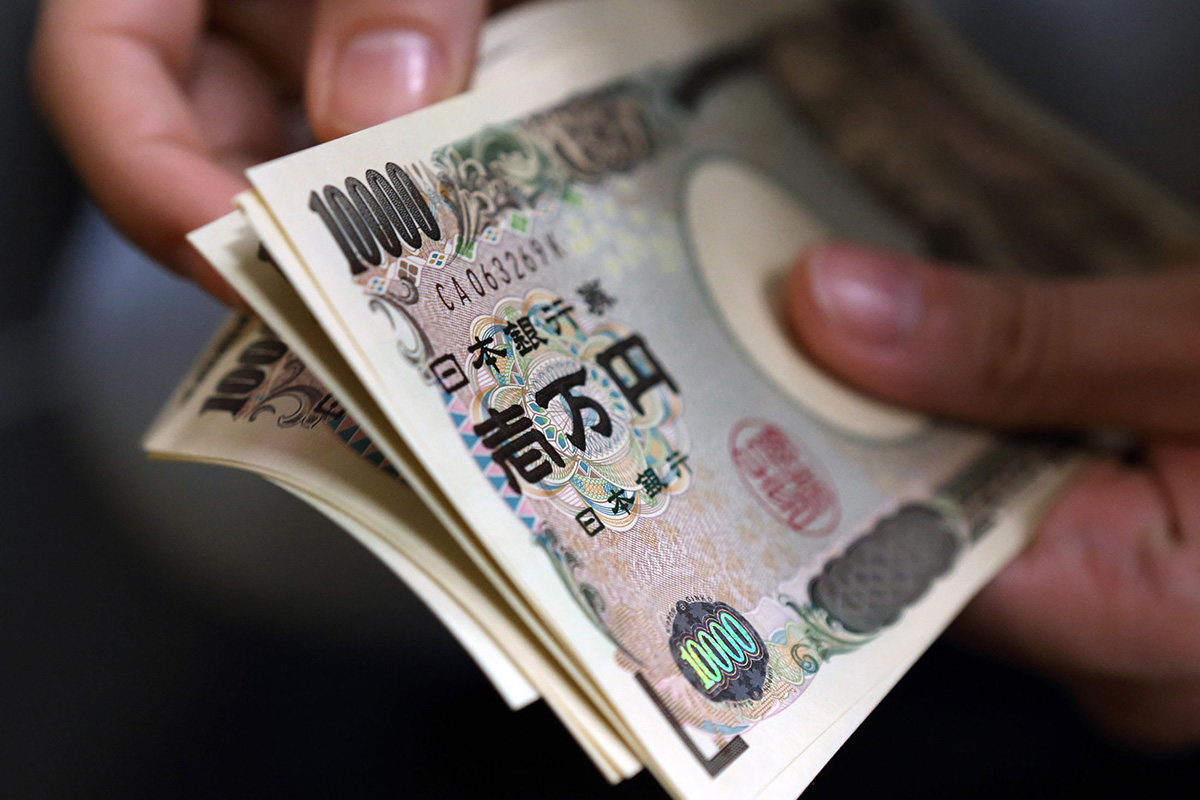The yen declined as havens retreated after the worst-case scenarios for North Korea and hurricanes in the US didn’t eventuate, while stocks inched higher in Asia following a record-breaking Wall Street session.
Futures on the S&P 500 Index advanced with equities in Australia and South Korea. Japan markets are closed for a holiday on Monday. The S&P 500 climbed above 2,500 for the first time on Friday and the Dow Jones Industrial Average chalked another record close as investors shrugged off the latest North Korean missile test. The dollar bounced after declining on Friday when US retail sales raised concerns about the strength of the economy.
With weaker readings also on factory output and consumer confidence in August the focus now turns to the US Federal Reserve meeting this week, where officials are expected to announce the start of the reduction of the central bank’s 4.5 trillion dollars balance sheet, while keeping the benchmark interest rate unchanged. With the outlook for the US economy clouded by Hurricane Harvey investors will be tuning in to a fresh round of speeches by Fed Chair Janet Yellen and regional Fed presidents for clues on the central bank’s next moves. The Bank of Japan is also expected to stand pat when it meets to discuss its rate policy later in the week.
“With the latest missile test we really didn’t see much of a market footprint at all,” Todd Elmer, Singapore-based head of G-10 FX strategy for Asia ex-Japan at Citigroup, told Bloomberg Television. “What that signals is that investors are not inclined to extrapolate that provocation into any major flareup in geopolitical tension.”
On the geopolitical front, US President Donald Trump makes his first address before the United Nations on Tuesday as foreign leaders gather in New York to discuss how to deter North Korea from enhancing its nuclear capability. The US seeks a peaceful resolution but is prepared to use military force if diplomatic efforts fail to end the nuclear standoff with North Korea, said Secretary of State Rex Tillerson told CBS.
Meanwhile, Japanese Prime Minister Shinzo Abe is weighing holding a snap general election as early as next month amid growing support for his handling of the North Korea crisis, according to public broadcaster NHK. – Bloomberg
